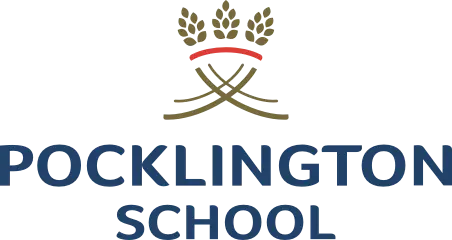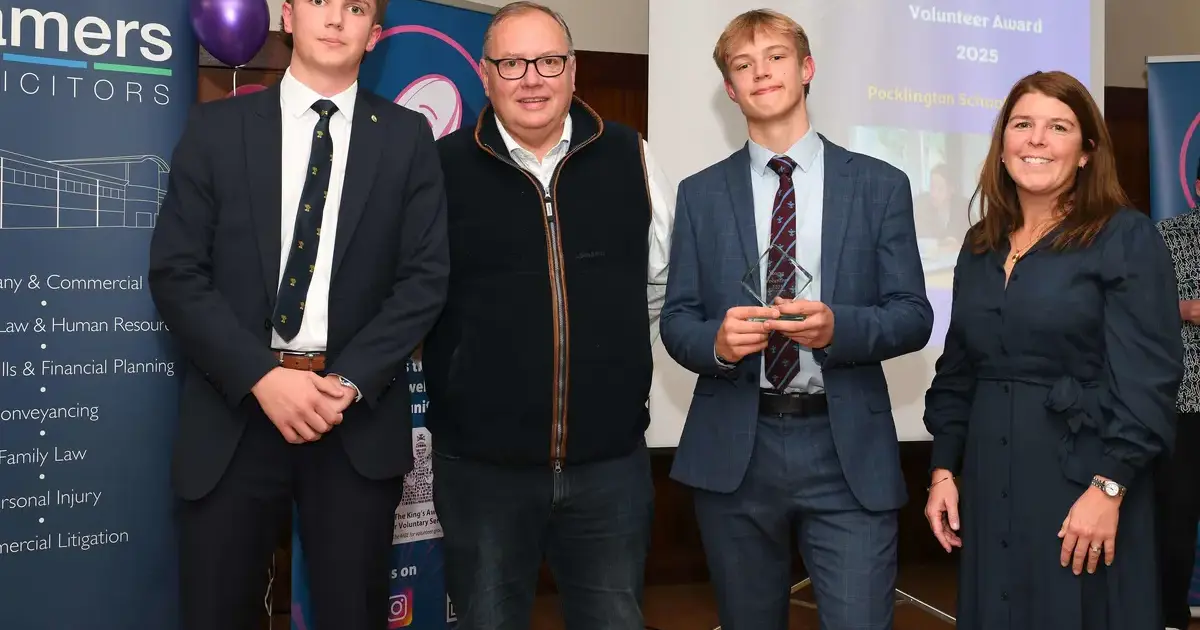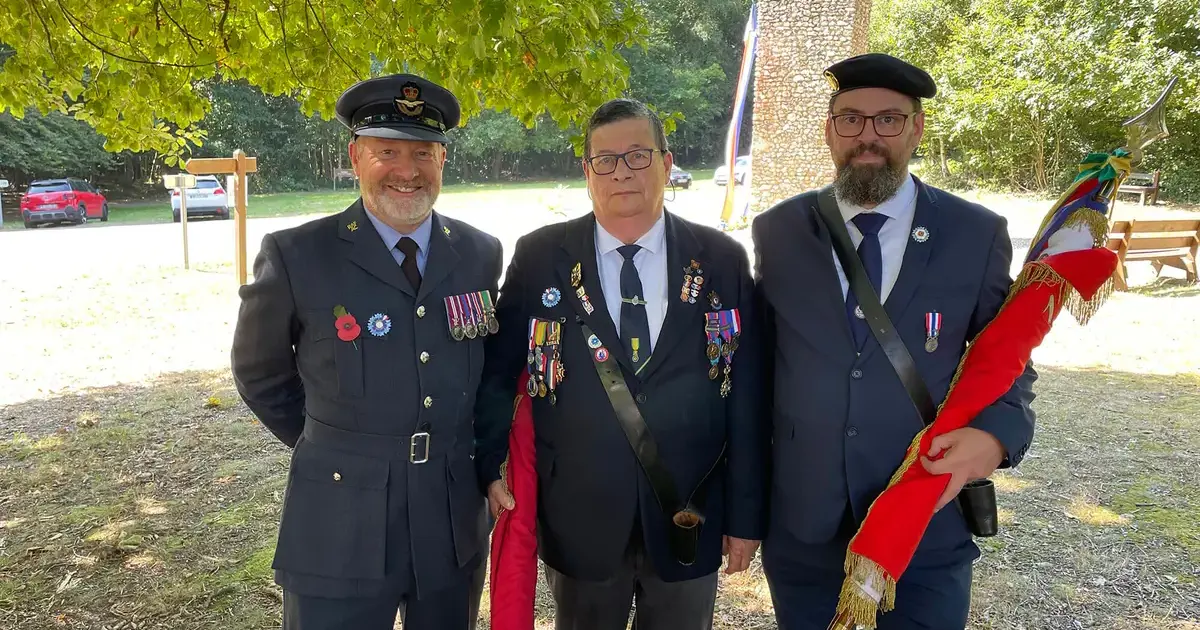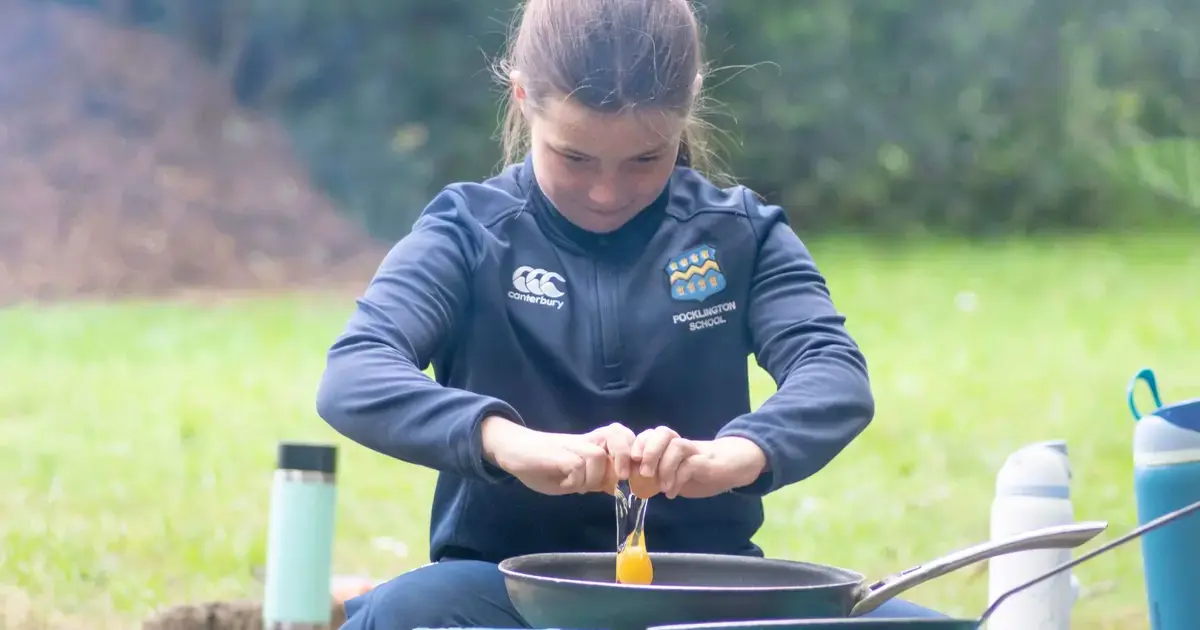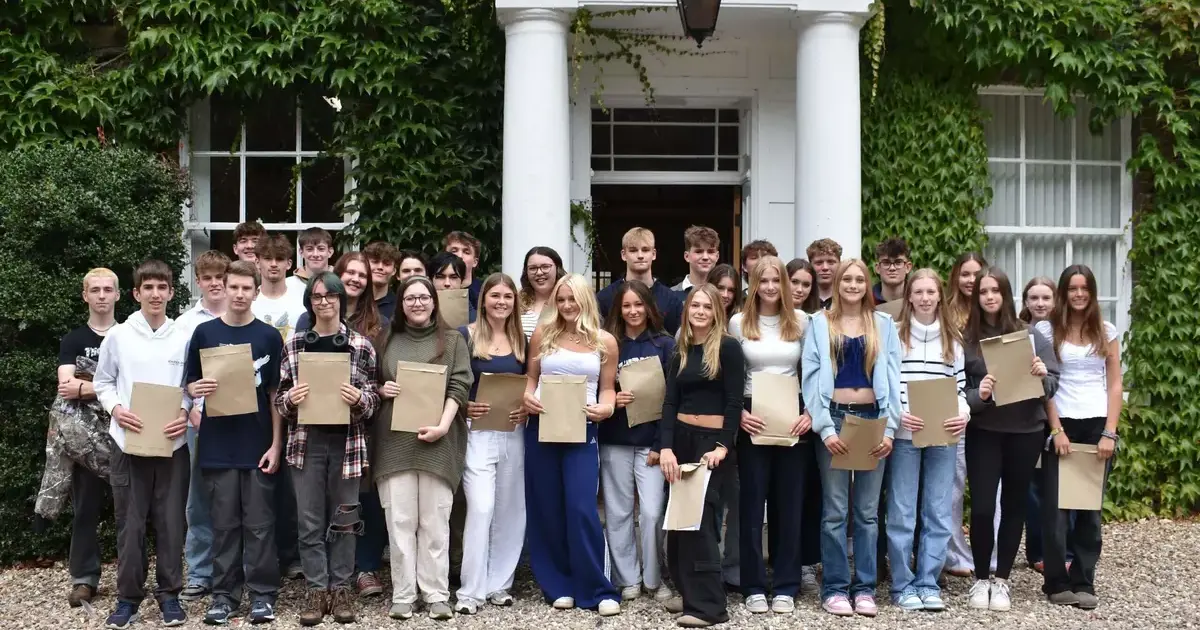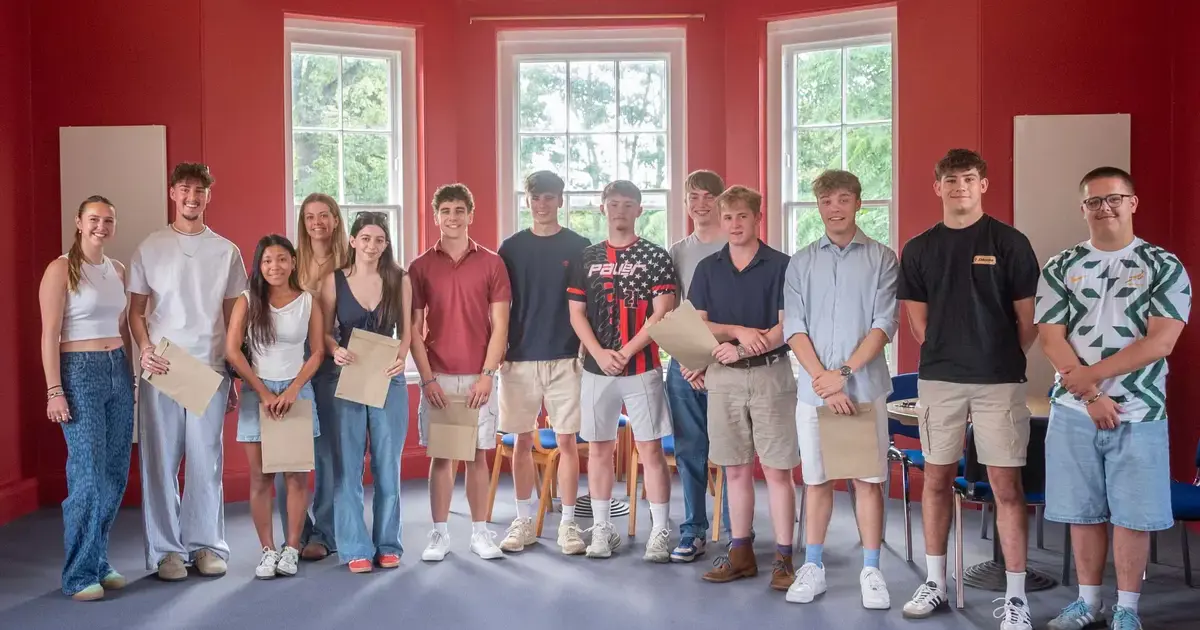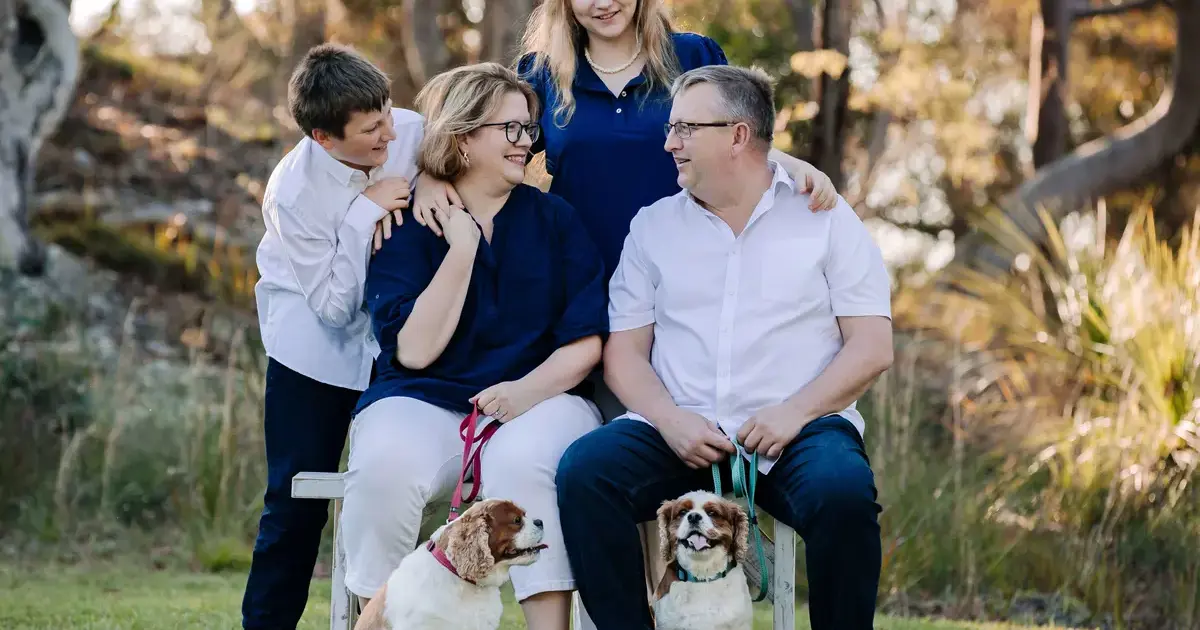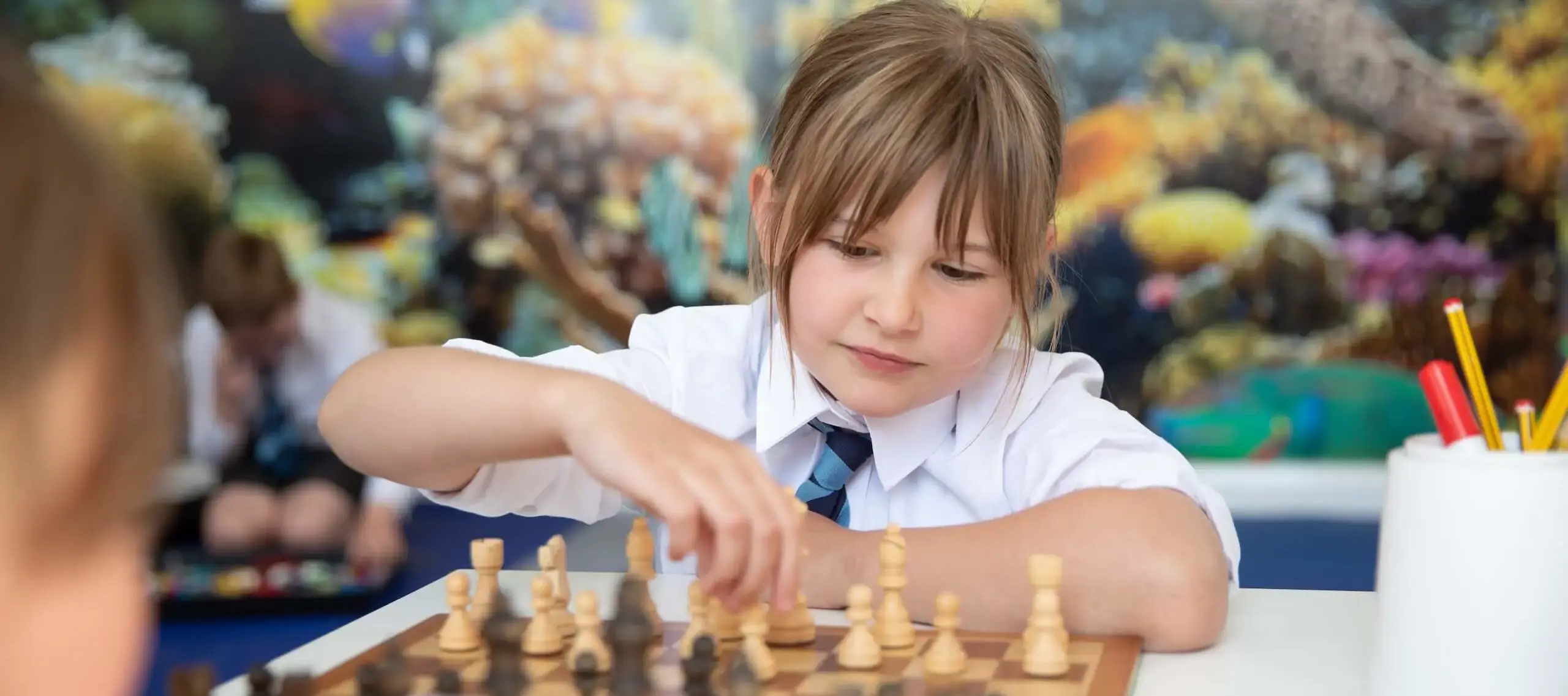A summer term to remember: co-curricular life at Pocklington
As we reflect on the Summer Term, it’s the moments beyond the classroom that stand out. The shared experiences, challenges tackled, and passions explored that make school life so memorable. At Pocklington, our co-curricular programme has once again offered pupils a rich and varied landscape to learn, lead, perform, compete and give back.
One of the most exciting moments of the term was the Whole School Walk. More than just a fundraising event, it was a day that brought together pupils and staff across the foundation, working together for a shared purpose. Throughout the day, spirits were high, conversation flowed and the sense of community was tangible. It was a great reminder of how energising it is for our whole school community to get together.

Staff too, have played a key role in making this term so successful. Their continued enthusiasm for running clubs, organising trips and supporting one another’s initiatives had kept the co-curricular programme vibrant. Preparations are well underway for the relaunch of the POCK Challenge in September. It will return with new rewards and a refreshed format, designed to spark even more engagement next year.
For our cadets in the Combined Cadet Force, this term brought lots of adventurous learning. A group of 27 pupils took part in an action-packed training trip over half term, swapping classrooms for mountain trails, rope courses and axe throwing. It was a wonderful opportunity for pupils to push themselves in new ways, and enjoy a break from academics.
New initiatives have helped keep the CCF programme moving forward. The RAF section is now benefitting from a newly installed flight simulator, and both the RAF section and army sections have had overnight days at Cosford and Driffield. The recruitment days for Third Year pupils were also especially important, giving younger pupils a taste of of the excitement they will experience.
We also said farewell to Lt Andrew Clark, who has made a significant impact on the CCF over the years. His knowledge and commitment will be greatly missed.

The Charity Committee has had a hugely successful term, raising over £6,000 during Charity Week alone. Whether it was the quiz night hosted by Hutton House or our continued involvement with Wilber in Bloom, the committee has kept the spirit of giving alive across the school. The Whole School Walk not only lifted morale but also boosted donations for our four chosen charities.
In the arts, it’s been a term of creativity and collaboration. In the drama department, the Lower School production of Wendy and Peter Pan was a powerful celebration of young talent, teamwork and creativity. Tackling a challenging script, every pupil rose to the occasion, embracing the emotional depth, physical demands and storytelling with commitment and energy. Set designer Andy Scrowston created a visually stunning stage with beautiful costumes by Gail Preece, and all brought to life by by director Emma Cunningham.
In music, the term opened with a moving performance of Faure’s Requiem at the Spring Concert. It brought together students, staff and parents in a way that reminded us all of music’s power to connect. Smaller concerts, including a raucous and joyful Boarders' Concert, gave pupils the chance to perform in more relaxed settings. As we say goodbye to long-serving piano teacher Julia Ledger, who retires after nearly two decades, we’re grateful for the legacy she leaves behind.

For Duke of Edinburgh participants, the term has been about preparation, persistence and progress. Pupils undertaking their Bronze award have completed their expedition, while Silver and Gold candidates have spent time mapping out their summer qualifying routes in the North Yorkshire Moors. With staff now trained in Outdoor First Aid and a new cycle-touring option being considered for next year, the programme is evolving to meet the needs of a wider group of pupils.
It has been a wonderful term for sport, not just in performance but in the sheer number of pupils taking part. From cricket and tennis to athletics, participation has been at an all-time high. The 1st XI in boys' cricket saw two players hit centuries, while the U15 team enjoyed an impressive cup run. Girls’ cricket continued its strong momentum and made history by hosting the school’s first senior girls’ cricket festival.

In athletics, we celebrated standout performances, including one pupil currently ranked first in the UK for sprint hurdles. Tennis has also been hugely popular, with more than 60 senior students opting in and several competing at Eton in the ISTA tournament.
This summer promises to be an exciting one for educational travel, with pupils heading off on a South Africa sports tour and a separate expedition to Namibia. To support access and interest, we’ve also adjusted our trip offerings, running the Lower School Ski Trip and Battlefields Tour every other year going forward. The new trip programme, covering 2025 to 2027, has already been shared with families and received warmly.
This term has reminded us just how much pupils gain from stepping outside the classroom and into new experiences. Whether exploring new places, finding their voice on stage, leading peers in the field, or simply showing up for a team, our students continue to grow in confidence and character.
With fresh plans in place and plenty to look forward to in the new academic year, we’re proud of what this term has brought and excited for what comes next.
